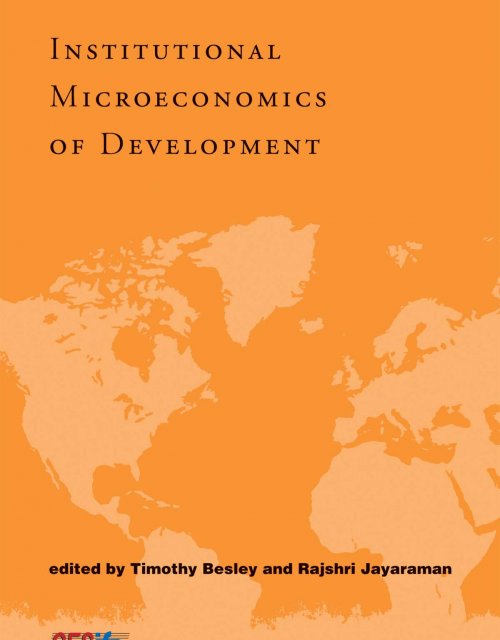This book deals with how coaching interventions can drive a journey of transformational change at individual, team, and organizational levels. As a result, coaching interventions serve to create more reflective people, who in turn, create better organizations. The group coaching methodology, used by the INSEAD Global Leadership Center (IGLC) and adopted by the Center for Leadership Development Research (CLDR) at the European School of Technology and Management (ESMT), Berlin, is the basis for developing the theoretical assumptions behind the chapters. Through sharing research methodologies, and describing intervention and change techniques used in the leadership development and education of executive coaches, the book sheds light on how the 'magic' of coaching works, what coaches actually do, and how their clients respond.
This book is a joint project between the IGLC and the CLDR. In compiling it, we have involved academics who conduct research, teach, and consult; leadership development coaches; change consultants; and executives who adopted IGLC methods for reflection on leadership development opportunities and challenges. We have also included people who have experienced IGLC methods in the process of their developmental journeys. They have collaborated, consulted their research and practice notes, analyzed data from inquiry projects, and shared their personal experiences in individual essays.

